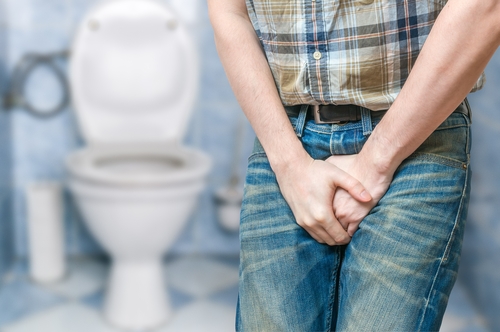Prostatitis (inflammation of the prostate gland) is a primary cause of urinary burning, stinging, and discomfort in men.
You may also experience pain when urinating if you have a sexually transmitted infection, such as genital herpes, gonorrhea, or chlamydia. It’s important to get screened for these infections if you are experiencing pain and have participated in risky sexual activities, such as having sex without a condom or with multiple partners.
Another cause of painful urination is cystitis, or the inflammation of the bladder’s lining. Interstitial cystitis (IC), also known as painful bladder syndrome, is the most common type of cystitis. Symptoms include pain and tenderness in the bladder and pelvic region. The cause of IC is unknown.
In some cases, radiation therapy can cause bladder and urinary pain. This condition is known as radiation cystitis.
You may have difficulty urinating comfortably if you have kidney stones. Kidney stones are masses of hardened material located in the kidneys.
Sometimes, painful urination is not caused by an infection, but rather by products that are used on the genital regions. Soaps, lotions, and bubble baths can irritate vaginal tissues. Dyes in laundry detergents and other toiletry products can also cause irritation and lead to painful urination in those that are sensitive to them.


